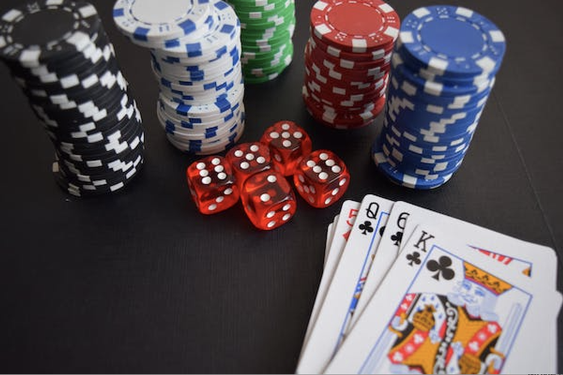Which is exactly why you should bet out when you flop a big hand.
Naturally, this kind of unconventional wisdom comes from one of poker’s more aggressive players – Gus Hansen, the Danish maniac who never met two cards he didn’t want to play, and play big. But Hansen offers this advice based on one of the few times he didn’t play in typically aggressive fashion.
In heads-up play against two-time world champion Johnny Chan in the Poker Superstars Invitational, Hansen drew an ugly 5-7 offsuit. He called from the small blind and Chan checked in the big blind with 5-6 offsuit.
The flop came 6-4-3 rainbow, giving Hansen the nut straight and Chan top pair with an open-ended straight draw.
Hansen was more than a 9-1 favorite to win the hand because Chan’s outs were pretty much runner-runner 5-5, 6-6 or 5-6 to make a full house. So, when Chan bet $60,000, Hansen just called.
And regretted his play.
"If I raise in that spot," Hansen reasoned, "there’s a very good chance he’s going to move all in, simply because if I have two 10s, he has a pair, he has an open-ended straight draw, he can hit two pair or trips.
"It’s a very good gambling hand for him to put pressure on me to call."
What Hansen meant was, if he had made a modest raise to give Chan the idea he had an overpair, then Chan’s outs made him almost 50-50 to win the hand – a good spot to push all in and play back at Hansen’s aggressiveness.
But Hansen missed that chance. Then the turn paired the 4, so now Hansen doesn’t have the nuts – the board could make a full house of 4s over – and Chan’s hand isn’t that good, either. Chan checked. Hansen bet $80,000. Chan called.
The river came a 2, which might’ve been the worst card Chan could’ve gotten because it made him a 6-high straight while Hansen had the 7-high straight on the flop.
"He checked," Hansen said. "Again I made too small a bet ($150,000). I could’ve gotten much more money from him on the river, and I probably could’ve gotten all his money on the flop.
"This was one of the situations where if you flop a really, really good hand, you should play it aggressively. People don’t expect that."
No matter. Hansen took down the $626,000 pot and eventually would take all of Chan’s money to win the round and go on to win the tournament.
TABLE TALK
Runner-runner: Consecutive cards on the turn and the river that are generally the only outs that could make a hand.
© 2005, Chicago Tribune.
Distributed by Knight Ridder/Tribune Information Services.



